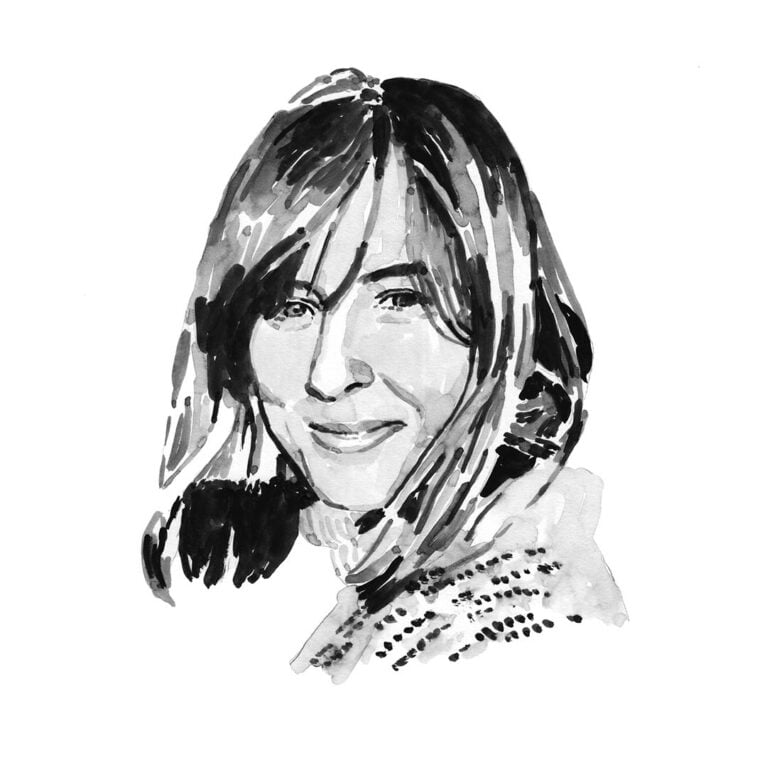Jenny Bortoluzzi

Who I am
Born to an English mother and French-Italian father, I was raised in France and grew up spending my summers on the beaches of Brittany, searching through rock pools. At the age of 13 I fell in love with sharks and grew concerned about their plight, thanks to the passion and advocacy of Rob Stewart in his film Sharkwater. When, at 17, I became a certified scuba diver, a whole new world was opened up to me. My fascination for the ocean was quickly followed by a strong desire to share it with others by means of photography. In 2012 my journey to becoming a qualified marine biologist began at the University of Southampton. I graduated in 2015 and have dedicated the years since to volunteering, working and studying to learn more about sharks, their ecologies and the people who depend on them. After carrying out several internships (Environmental Justice Foundation, LAMAVE, Bimini Biological Field Station, the Shark Trust), short contracts (IFREMER) and an MRes at the University of Plymouth, I moved to Ireland where I began a PhD at Trinity College Dublin. I am now starting the fourth and final year of my PhD, having faced over a year of adapting my work to a global pandemic and the restrictions it brought.
Science communication has also become a very important part of my life and career, driven by a desire to share my love and fascination for sharks and their ecosystems as well as an understanding that these animals and our oceans need the support of the public. In 2018 I became a Sharks4Kids ambassador, a role that has brought a huge amount of joy and encouragement to my everyday work. I have featured on podcasts such as ‘The Critter Shed’ and ‘The Whole Tooth’ and use social media to share my work in photo, video and text form.
Where I work
Trinity College Dublin, my place of work, nestles in the heart of Ireland’s capital. Its history dates back to 1592, but for centuries it was a place reserved for white men; only in 1904 was the first woman permitted to walk through its doors. In 2020 Professor Linda Doyle was elected the college’s first female provost (its 45th in total). Within Trinity College, I am based in the Department of Zoology, a small department with researchers studying a range of subjects from animal behaviour, ecology and developmental biology to parasitology and more.
Supervised by Dr Andrew Jackson and Dr Nicholas Payne, my current work on blue sharks takes me to the wild and biodiversity-rich waters of the Irish Sea off the coast of West Cork. There, marine megafauna is abundant – from dolphins and whales to sunfish and seabirds – and includes several species of ocean-roaming sharks, blue sharks among them.
What I do
My PhD aims to understand how populations and individual organisms display ecological and physiological variation in behaviours such as feeding, reproduction and habitat use, and how these factors may impact their conservation. My methods include bio-logging (using devices that record information like temperature, depth and speed) and biochemical analysis (for stress and reproductive hormones, markers that provide information about diet). For this project, samples were collected during the 2021 field season.
Our field work involves going to sea with a local angler and relying entirely on his knowledge and expertise to find and catch blue sharks off the coast of West Cork. We travel to about 20 nautical miles offshore, where our skipper sets up the fishing gear. Then we wait. Sometimes it takes several hours before we get our first bite; sometimes we get lucky and catch a shark within an hour. Once caught, the shark is brought onboard on a soft mat and ventilated using a hose to reduce stress. We work fast, aiming to release the animal as quickly as possible. We collect samples, take measurements and, if the shark is large enough, attach tags to its fin before releasing it. The tags remain on the shark for about 12 hours before detaching and floating to the surface. We repeat the process throughout the first day and the next day we head out to find tags deployed on the first day and to continue fishing. In the evenings, once back on land, I centrifuge the blood collected to separate the plasma from the red cells. Plasma is the tissue that will be used during the current project to understand where the females we catch are in their reproductive cycle (females make up most of our catches). This information will be invaluable for the appropriate management and conservation of this pelagic species.
